2023 WASSCE Government Trial Questions And Answers
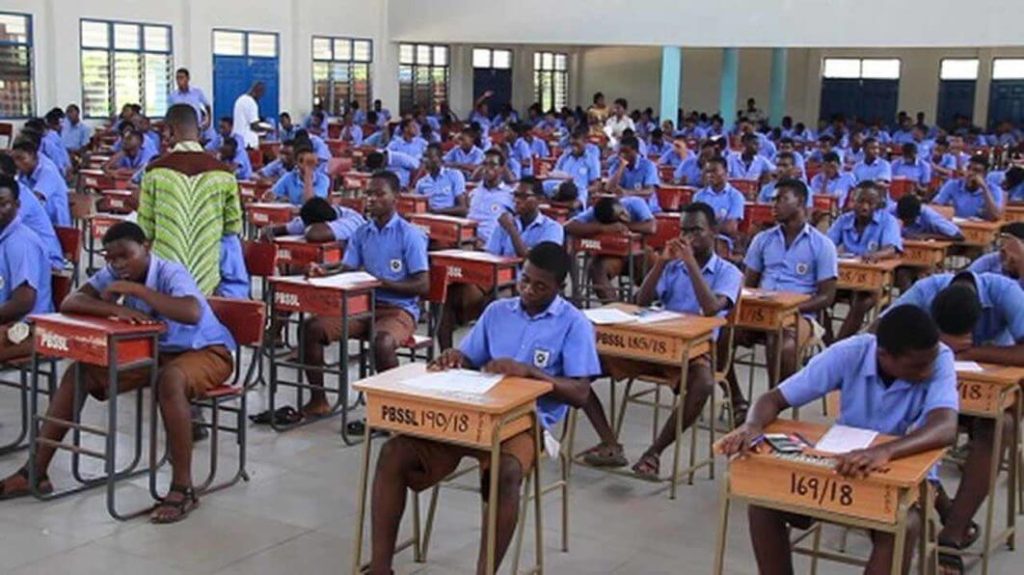
2023 WASSCE Biology Questions
2023 WASSCE Government Trial Questions And Answers For Candidates Preparing for the WAEC administered SHS leaving Examination.
2023 WASSCE Government Trial Questions And Answers
Questions:
- Identify three basic ways in which people participate in democracy in what three ways is political participation beneficial to the Democratic processes in Ghana.
- Highlight five major ways if adopted can improve public sector performance in Ghana.
- Outline five major functions of a democratic legislature in Ghana.
- Explain five reasons for why the electoral management body is considered an anchor of democracy.
- Identify five major features if present and functioning are indications of a strong Democracy in a state.
- Identify three features of the 1992 Constitution of Ghana in what three ways has the 1992 constitution empowered the people of Ghana in the Democratic process.
- Outline five major ways in which traditional rulers can foster development in their traditional areas to the benefit of the democratic process in Ghana.
- In what five ways did the French policy of assimilation retarded the overall development of their West African Colonies.
- Highlight five major factors which accounted for the frequent military interventions in Ghana after independence.
- Explain five foreign policy objectives behind Ghana’s membership of the Economic Community of West African states ECOWAS
2023 WASSCE Government Trial Questions And Answers
Question 7
(I) Provision of environmental services:
The local authorities make sure that the environment is cleaned. They provide refuse/dust bins to prevent littering the environment. They employ cleaners to clean the market, lorry station, and gutters.
(ii) Provision of social amenities:
The local authorities provide schools, clinics, markets, feeder roads, and electricity to improve the living conditions of the people in their localities.
(III) They maintain law and order in the Local Area:
The local authorities maintain law and order.
This is done by passing bye-laws to control the behaviour of the people in the localities.
The local authorities are in charge of security in the localities.
(IV)Enact bye-laws
They enact bye-laws to regulate the affairs of the localities and the activities of the denizens while they maintain law and order and mobilize funds to finance local development.
(V) Implement central government policies
Local authorities implement central government policies within their localities.
Thus, they help to decentralize the administration of a state.
Question 9
1. Military Factors: It is argued that when the armed forces feel threatened or are adversely affected by the policies and actions of civilian governments, they resort to coup d’états to topple the civilian regimes.
2. Mismanagement of the Economy: Most civilians mismanage the economies of their countries. This makes others desire to check and correct the mismanagement. This usually leads to coup d’états.
3. Desire of Leaders to Remain in Power: Some leaders desire to remain in power always, and so they manipulate the electoral process to remain in power. This usually results in a dictatorship. For example, Nkrumah’s administration. Thus, the military intervenes to make way for others.
4. The Over Ambition of Soldiers: Some soldiers are simply ambitious to wield the overall power of the state and so resort to coups to make their dreams come true. For instance, the 17 April 1967 abortive coup which led to the death of General E. K. Kotoka of the ruling N. L. M.
5. The Desire of the Opposition to Capture Political Power: When the opposition desire to capture Political power through unconstitutional means, they conspire with the military to remove the sitting civilian government and hand over power to them.
6. Corruption in High Offices: When politicians become corrupt and use their offices to amass wealth unduly. The military intervenes to check the politicians.
7. Interference in Justice Delivery: Interference by the ruling party in the work of the judiciary is also cited as a cause for a military takeover.
8. Tribalism: Domestic, tribal, and social antagonisms can end in a coup d’état. When a particular tribe is favoured in all spheres, the government becomes exposed to coup d’états.
9. Internal Conflicts: When there is conflict among politicians who form the government, it may end up in a coup because there is the fear that they may lose focus.
10. External Factors: Sometimes powerful nations induce the military in weaker states to stage a coup d’état so that these powerful states will help establish a puppet government which will make it easier to exploit the resources of the weaker state or impose an ideology on it.
11. Human Rights Violations: When a government starts to rule arbitrarily without regard for the constitutional rights of the citizens, it paths the way for coup d’états.
2023 WASSCE Government Trial Questions And Answers
QUESTION 10
(I)Friendship/ closer ties
The community brings member states together as one family. This prevents conflicts among member states and also brings unity among the
people.
(ii) Political benefits
‘The community has become powerful and is recognized internationally. The voice of ECOWAS is more powerful and regarded than any single member state. ECOWAS also has more bargaining power on international issues than any single member country.
(iii) Job opportunities
Citizens of member states where there is a lack of jobs can move to other member countries to look for employment.
The Secretariat and other offices of ECOWAS employ university graduates from West African countries.
(iv) Free trade
ECOWAS enables trading among member states. Entrepreneurs of a member state can transact business with businessmen of other states in West Africa without any difficulty.
READ: 2023 BECE & WASSCE questions are not difficult – WAEC
(v) Wider market
ECOWAS creates a large market size of about 350 million consumers.
Thus producers of goods and services in member states have a large market size to showcase and sell their goods.
(vi) Reduces imports
Economic cooperation between member states reduces their dependence on imports from developing economics
Send Stories | Social Media | Disclaimer
Send Stories and Articles for publication to [email protected]
We Are Active On Social Media
WhatsApp Channel: JOIN HERE
2024 BECE and WASSCE Channel - JOIN HERE
Facebook: JOIN HERE
Telegram: JOIN HERE
Twitter: FOLLOW US HERE
Instagram: FOLLOW US HERE
Disclaimer:
The information contained in this post on Ghana Education News is for general information purposes only. While we endeavour to keep the information up to date and correct, we make no representations or warranties of any kind, express or implied, about the completeness, accuracy, reliability, suitability or availability with respect to the website or the information, products, services, or related graphics contained on the post for any purpose.



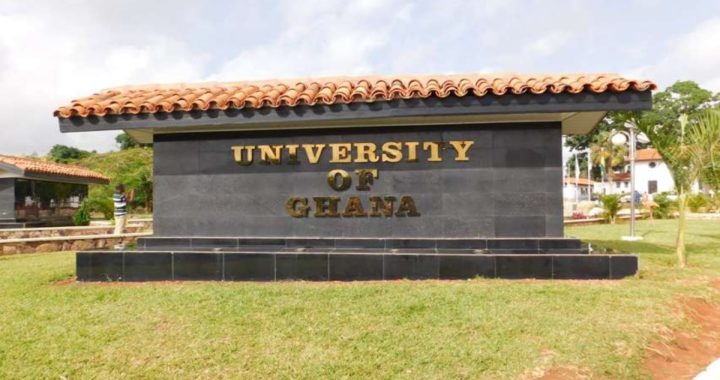 How to buy UG Admission Voucher with Momo/Shortcode
How to buy UG Admission Voucher with Momo/Shortcode 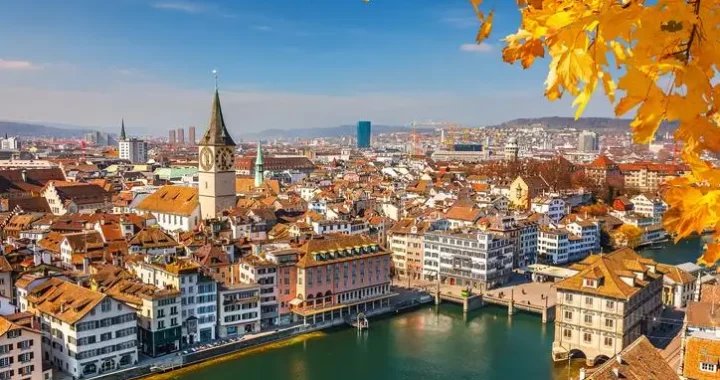 Top 5 Universities in the Netherlands for Masters Studies
Top 5 Universities in the Netherlands for Masters Studies 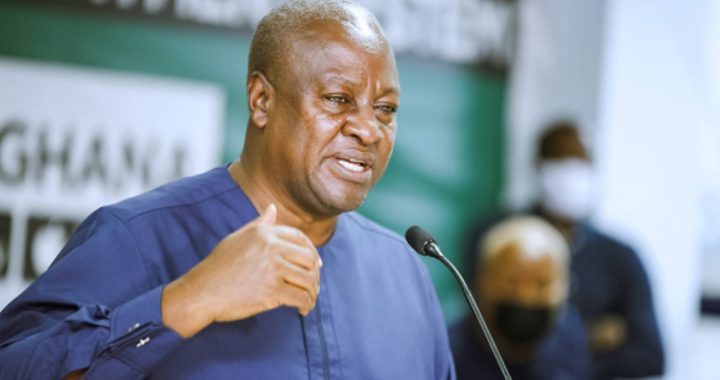 John Mahama Lists Plans for Education Sector When he is Voted for
John Mahama Lists Plans for Education Sector When he is Voted for 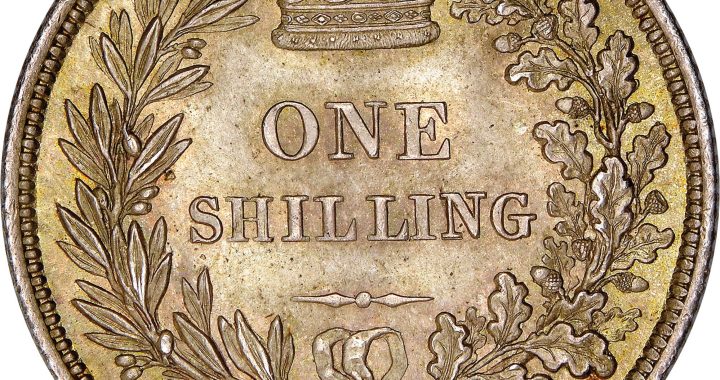 The Poll Tax Ordinance of 1852
The Poll Tax Ordinance of 1852 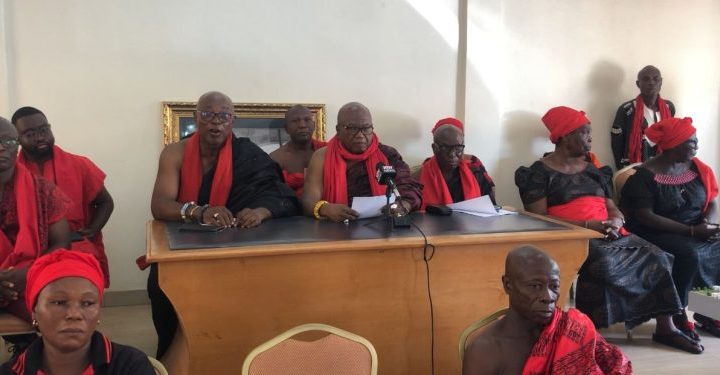 Asogli State rejects renaming Ho Technical University after Ephriam Amu
Asogli State rejects renaming Ho Technical University after Ephriam Amu
Very helpful thank you so much